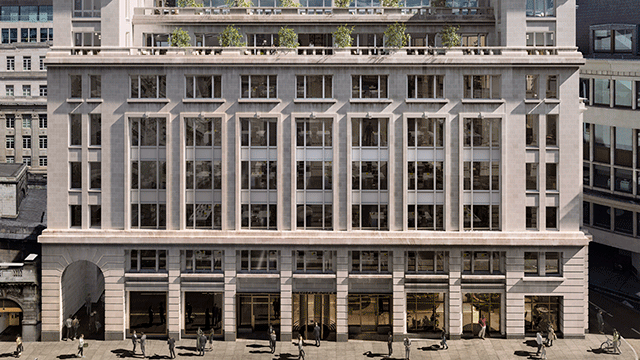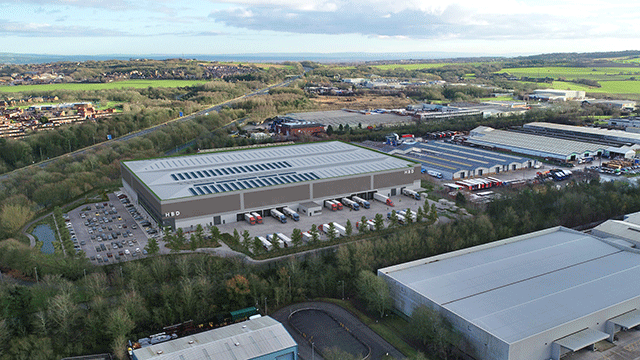Land acquired for railway purposes — Land no longer so required — Obligation to offer back to original owners — Whether provisions requiring land to be so offered still apply — Whether original enactments repealed — Whether claim now statute-barred — Preliminary question declared in favour of original owners
Under the Northern Railway Company Act 1846 the company acquired some 125 acres of land which lies to the north of King’s Cross Station, London. The land is now derelict and a consortium of developers have been formed to acquire it for development purposes. The plaintiffs in these two cases, the governors of the Royal Hospital of St Bartholomew and the Church Commissioners, are the successors to two of the original owners. They claim that by virtue of section 57 (applying only to the governors) and the general provision in section 102 of the 1846 Act, and also in respect of one area of land by virtue of an indenture of 1851, land which is no longer required for the purposes of the railway must first be offered to the owners at a sum not exceeding the original price. There were three preliminary issues: (1) whether these provisions upon their true construction still apply or whether they have expired; (2) whether they have been repealed by modern statutes; and (3) whether, by virtue of the acquisition of the land by the second defendants, National Carriers Ltd, in 1968, the immediate right of repurchase arose then and any claim for damages for breach of obligation is now statute-barred.
Held The preliminary issues were decided in favour of the plaintiffs.
1. The right of repurchase in section 57 of the 1846 Act is vested in the governors of the hospital and arises if after the completion of the railway the land was not being “used and required” for railway purposes. It was not limited to the circumstances of the sale of superfluous land following construction of the railway for there was a statutory code for this. The general right of repurchase in section 102 of the 1846 Act applies without time-limit to land which ceases to be used for any of the purposes within the statutory powers of the original railway company or its successors.
The clause in the indenture became spent when the railway was completed as it only applied when the land was not “used and required” for railway purposes; clearly it had been.
2. Subsequent legislation has not repealed sections 57 and 102 because it has been directed to land which was subject to the superfluous land code or, in the case of the repeal of Pickin clauses by the British Railways Act 1968, concerns adjoining owners. Neither has there been implied repeal.
3. The vesting of the subject land with the second defendants in 1968 amounted to a substitution of the name of National Carriers Ltd for that of Great Northern Railway Company in sections 57 and 102 and the right of repurchase only arose if the land ceased to be used for the business of National Carriers.
Edward Nugee QC and Terence Etherton (instructed by Wilde Sapte) appeared for the Special Trustees of St Bartholomew’s Hospital; David Lowe QC and Charles Turnbull (instructed by Waltons & Morse) appeared for the Church Commissioners; Gavin Lightman QC and John Whittaker (instructed by Nabarro Nathanson) appeared for the first respondents, British Railways Board; and Robert Reid QC and Simon Berry (instructed by McKenna & Co) appeared for the second respondents, National Carriers Ltd.








